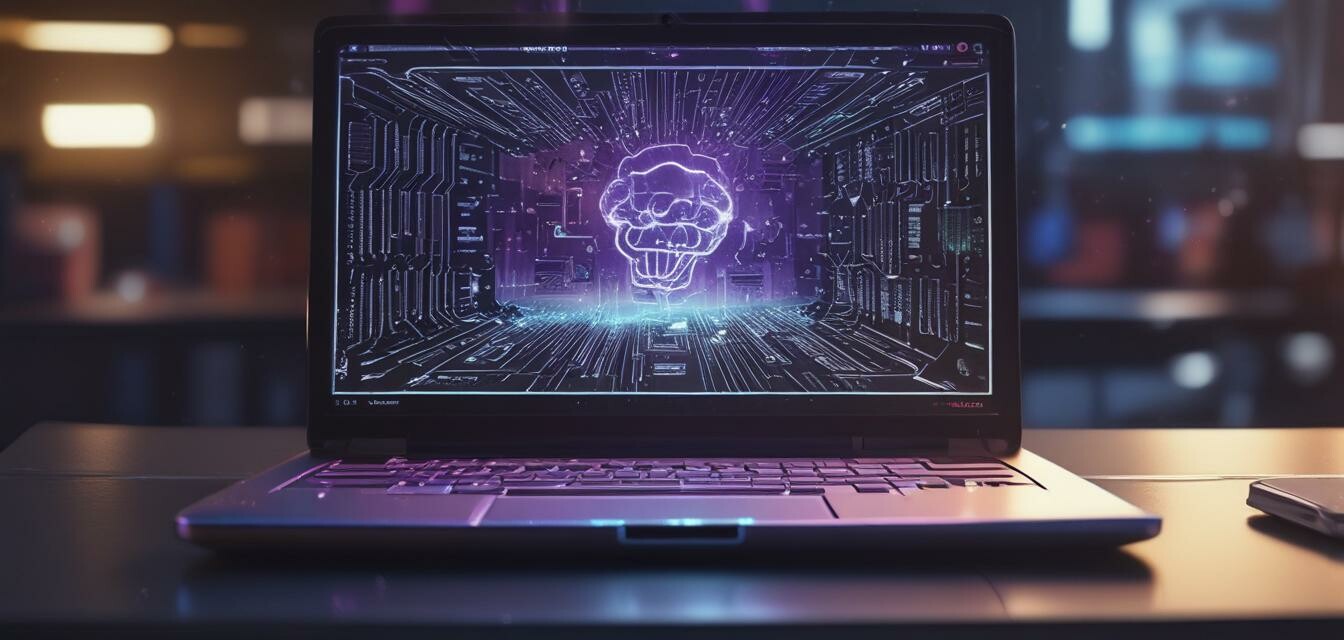
AI Integration in PCs: What’s Next?
Key Takeaways
- AI technology is rapidly evolving and reshaping personal computing.
- Integration of AI leads to enhanced performance, user experience, and personalization.
- Current trends include AI in software optimization, hardware acceleration, and intelligent assistants.
- Future implications could transform how we interact with our devices, making computing more intuitive.
Artificial Intelligence (AI) is no longer a concept reserved for science fiction; it has become an integral part of our daily lives, particularly in personal computing. From enhancing productivity to creating more intuitive user experiences, AI is already reshaping how we interact with our devices. In this article, we will explore the current trends in AI integration within PCs and what the future holds for this exciting technology.
Current Trends in AI Integration
As PCs evolve, they are increasingly adopting AI capabilities. Here are some of the most notable trends:
| Trend | Description |
|---|---|
| AI-Based Software Optimization | Software is now using AI to learn user preferences and optimize performance, improving speed and efficiency. |
| Intelligent Assistants | Advanced voice recognition and contextual understanding in virtual assistants enhance user interaction dramatically. |
| Machine Learning Algorithms | These algorithms are being integrated to predict user behavior, enabling PCs to operate more intuitively based on usage patterns. |
| AI for Security | AI helps in proactive security measures by identifying threats and responding to them faster than traditional methods. |
How AI Impacts Performance
The integration of AI into personal computers results in significant performance improvements. Here are some ways AI changes the landscape:
- Resource Management: AI can manage system resources more efficiently by dynamically allocating CPU and RAM according to workloads.
- Personalization: AI learns user habits, enabling tailored experiences such as application recommendations and automatic settings adjustments.
- Faster Processing: By utilizing AI to streamline tasks, users can experience reduced load times and quicker responses.
Future of AI in Personal Computing
The road ahead for AI in PCs is filled with exciting possibilities. Some anticipated advancements include:
- Edge Computing: With AI running locally on devices, responsiveness and privacy will improve significantly.
- Augmented Intelligence: This will blend human skills with AI capabilities, leading to seamless collaboration between machines and users.
- Contextual Awareness: PCs could evolve to understand non-verbal cues, improving how they communicate with users.
Potential Challenges of AI in PCs
While the future seems promising, several challenges may arise:
Pros
- Enhanced user experience and productivity.
- Increased security against potential threats.
- Improved performance through intelligent resource management.
Cons
- Privacy concerns regarding data handling.
- Potential job displacement due to automation.
- Integration complexities affecting existing systems.
Conclusion
AI is paving the way for a new era in personal computing. As technology continues to evolve, so will the integration of AI, offering unprecedented levels of efficiency and convenience. For those keen to explore further, consider checking out our Buying Guides for insights on how to choose the best technology to integrate with these advancements.
Stay Up-To-Date with Trends
It's important to stay informed about the latest trends in technology. For continuous updates on new releases and innovations, follow our News and Trends section. As AI integration becomes mainstream, keeping track of these developments will ensure you harness the full potential of your PC.
Further Exploration
To dive deeper into AI implications in the tech world, you might find our articles on Expert Tips useful. Understanding these trends can provide you with the insight needed for future-proofing your technology choices.